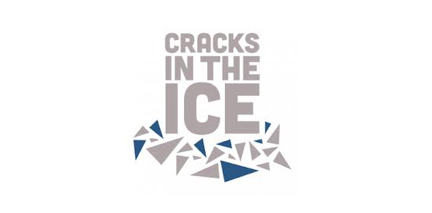Brief Project Summary
Investigators
“SMART Recovery is a non-government organisation (NGO) that offers mutual support groups for people experiencing addictions based on harm reduction and cognitive-behaviour therapy principles. With over 313 groups operating nationally, SMART Recovery reaches over 2500 individual participants weekly, around 26% of whom report methamphetamine use. Understanding how people engage with SMART Recovery, how they came to participate, the characteristics associated with help-seeking and potential benefits of participating are central to improving access to this empowering, free, long-term, accessible and evidence-based source of addiction support.
This project examines the characteristics and experiences of people attending SMART Recovery who report methamphetamine use, and examines how the links between formal treatment services and mutual support groups could be better facilitated. We will use existing data from facilitator and participant completed routine outcome measures and generate new evidence via qualitative interviews and a cross sectional survey to build a picture of the engagement and profile of people who use methamphetamine, and their treatment pathways.
Specific questions include: For people who report use of methamphetamine (a) what is the duration and frequency of attendance and does the profile of this participant group vary over time? (b) what are the barriers, facilitators and participant characteristics associated with help-seeking? and (c) what are the pathway(s) to SMART Recovery?
These data will be used to identify unmet needs and inform the development of an assertive referral intervention, enabling better linkage across existing treatment services.
This study will contribute new knowledge on people who use methamphetamine who may not otherwise access formal treatment services out of fear of being identified and stigmatised. It will provide important pilot data to inform the development of an intervention trial examining the effectiveness of assertive referral pathways linking people seeking ongoing support with SMART Recovery.
This project also builds on an important partnership between SMART Recovery and a team of leading and emerging AOD researchers and clinicians. This partnership ensures that all research ventures are soundly informed by the needs, preferences and priorities of SMART Recovery Australia. Active involvement of key stakeholders throughout the design and conduct of research, ensures that our team are well placed to deliver outcomes that are of direct relevance to the conduct and evaluation of SMART Recovery groups. “
A/Prof Peter Kelly, Chief Investigator
University of Wollongong, School of Psychology
Dr Allison Beck, Trial Coordinator
University of Wollongong
Dr Briony Larance, Co-Investigator
University of Wollongong
Prof Amanda Baker, Co-Investigator
University of Newcastle
Prof Frank Deane, Co-Investigator
University of Wollongong
Prof Leanne Hides, Co-Investigator
University of Queensland
A/Prof Victoria Manning, Co-Investigator
Monash University and Turning Point, Monash Addiction Research centre (MARC)
Prof Anthony Shakeshaft, Co-Investigator
NDARC, UNSW Sydney
Dr Angela Argent, Co-Investigator
Smart Recovery Australia




